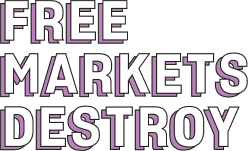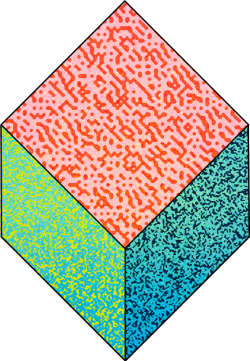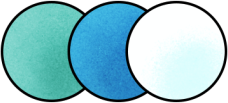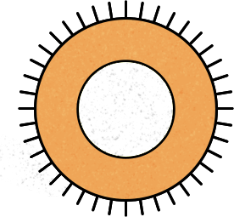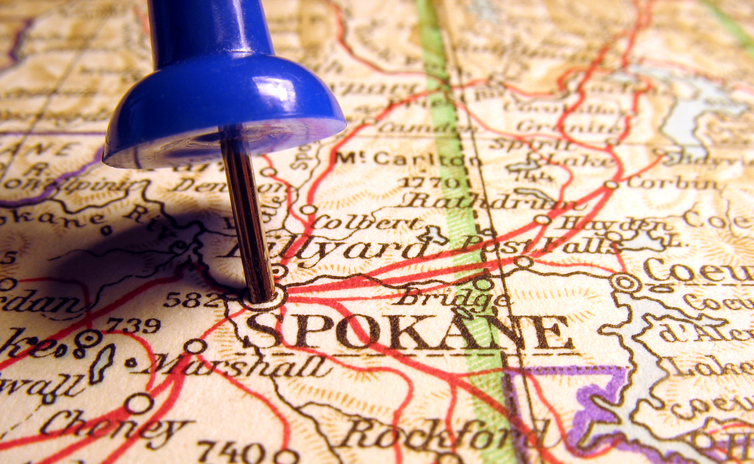In our connected, modern age, addressing outdated systems for location is more achievable than ever before, and What3Words seeks to make locating people more accessible than ever before. In some parts of the world, it's not easy to set a specific address in our current system - even some places with addresses are hard to pinpoint specific entrances and exits within that address. What3Words is a mapping tool which seeks to divide the globe into tiles, all labeled by three words.
In this way, being able to pinpoint specific locations becomes much more accessible than latitude and longitude coordinates - rescue teams finding lost or stranded people can pinpoint locations much easier, entrances to stadiums can be found more directly by GPS systems, and more.
The benefit of this technology disproportionately helps those who are in poorer, less planned areas of the world and is being offered for free to charities and emergency services, but is sustainable through their profit by selling the data for commercial use for companies who want to integrate the data into their technology. In this way the market is able to meet people's needs while still creating incentive for the system to develop and grow. As written in Positive News:
That delivery giants such as Hermes and global comakers Mercedes and Ford are integrating the solution into their navigation systems has helped prove its mettle – as well as generating the cash to keep operations growing.
But what makes the free-to-use app especially intriguing are the life-enhancing – and sometimes life-saving – uses to which it is being put. Rhys Jones’s examples range from coastguards locating kayakers who have drifted out to sea, through to young children who have guided emergency services to the site of a car crash.
Where the UK-registered app is really coming into its own is among the 4 billion or so people around the world who lack an easily recognizable home address. Picture one of Uganda’s largest refugee camps, where the app’s Scrabble-like word patterns are ensuring that medical aid arrives at the correct patients’ doors. Or the taxi service in Delhi that allows women to step confidently into a cab, knowing it will drop them right on their doorstep.
What3Words seeks to encourage such solutions, by making the app free to charities, development agencies and emergency services. (Fees are charged to the commercial users, who effectively buy a license to integrate the software into their systems). The United Nations is one long-term partner, integrating the solution into its own disaster- response tracking system.

